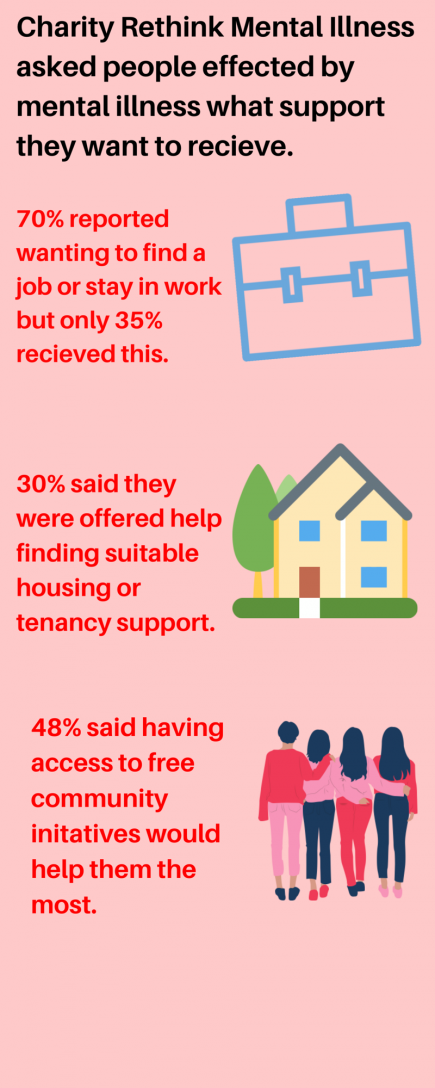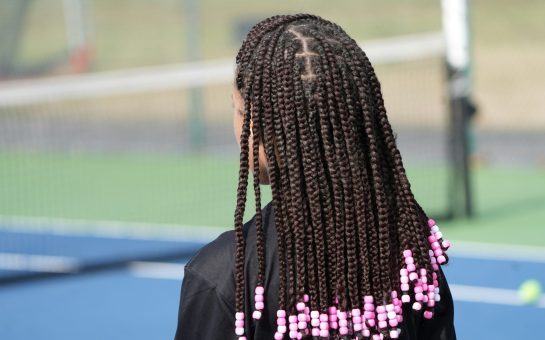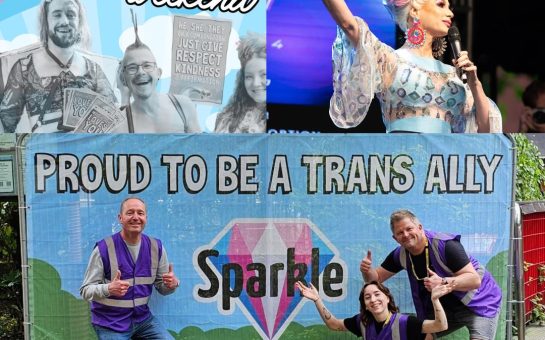Manchester is turning to the power of talking to help those suffering with their mental health and stop the stigma often associated with it.
This focus on talking comes in the midst of Mental Health Awareness Week and includes the ‘Shining a Light on Suicide Campaign’, recently launched in Salford by the Greater Manchester Health and Social Care Partnership, backed by Mayor Andy Burnham.
Over 200 people take their own lives each year across Greater Manchester. With the aim of highlighting such statistics and encouraging people to speak openly and honestly about suicide, the campaign is launching across the ten boroughs of Greater Manchester in the coming months.
The campaign includes a short film, website and toolkit that people can use to help those with suicidal thoughts, along with those who have lost a loved one to suicide.
So how effective is talking about mental health?
In a recent report by the charity Rethink Mental Illness called Communities That Care, they revealed how 48% of people when asked what would help to aid their recovery, said that having access to free community initiatives would benefit them the most.
The power of talking and other social prescriptions including getting people back into employment is also gaining more recognition by the government who launched the expansion of their NHS mental health job coaches programme in April.
This programme, which is expected to double the amount accessing it to 20,000 a year by 2020/2021, will implement thousands more job coaches to work alongside mental health specialists and give people the help they need to get back into work.
What help is already out there?
To find out what help is already out there to communities across Manchester – often in places you may not expect, we spoke the everyday heroes helping those in need through talking and a listening ear.
Meet barber Paula Henry
Barbers across Manchester are helping to cut out stigma and save lives, by offering a space and a listening ear to those in need.
Paula Henry, 47, owns three barbershops called Chaps in Bury, where she trains her staff to be mental health ambassadors for the 1,500 men that walk through her salon doors each week, as part of the Lion’s Barber Collective.
Based on the unique bond barbers often build with their clients, the Lion’s Barber Collective is an international initiative which began in 2015 to help raise awareness for the prevention of suicide in men – the single biggest killer of men under 45 in the UK.
Mrs Henry, who signed her barbershops up to the collective 18 months ago, said: “Getting men to talk is a massive thing. They are often not comfortable relaying their feelings as they see it as unmanly, so we have to get men to realise it’s okay to talk.
“We see so many different walks of life each day and being on a one to one basis and getting to know your customer is definitely why it works so well.
“And what’s said in your barbers’ chair stays in your barbers’ chair.”

In order to encourage customers who often come in for a cut, closed off and reluctant to talk, Paula tells them of her own ‘trials and tribulations’ so they feel more at ease to relay their own worries.
She added: “It’s a case of learning when to talk and when to listen.
“A lot of the time just being able to talk to someone outside of their circle is enough to relieve the weight of a problem.
“I can literally see them coming out of themselves and going from a bad place at one appointment to their faces lighting up when they come through the door and we pick up where we left off last time.”
While the advice Paula and her staff offer is often ongoing, they also point people in the direction of other help and local services if they believe the help is outside of their parameters.
And the response they’ve received from clients so far has been extremely positive, with some now popping in for a brew and a chat rather than a haircut.
Paula added: “It’s not just the young ones, it can be old men who’ve lost their wives and they might not see anyone on a week to week basis. They come in for a 15-minute haircut and they’re there for three hours.
“I’ve got two boys myself and just think it’s such a worrying thing that so many men are taking their own lives and if there’s anything we can do to get in there and help them it’s got to be done.”


